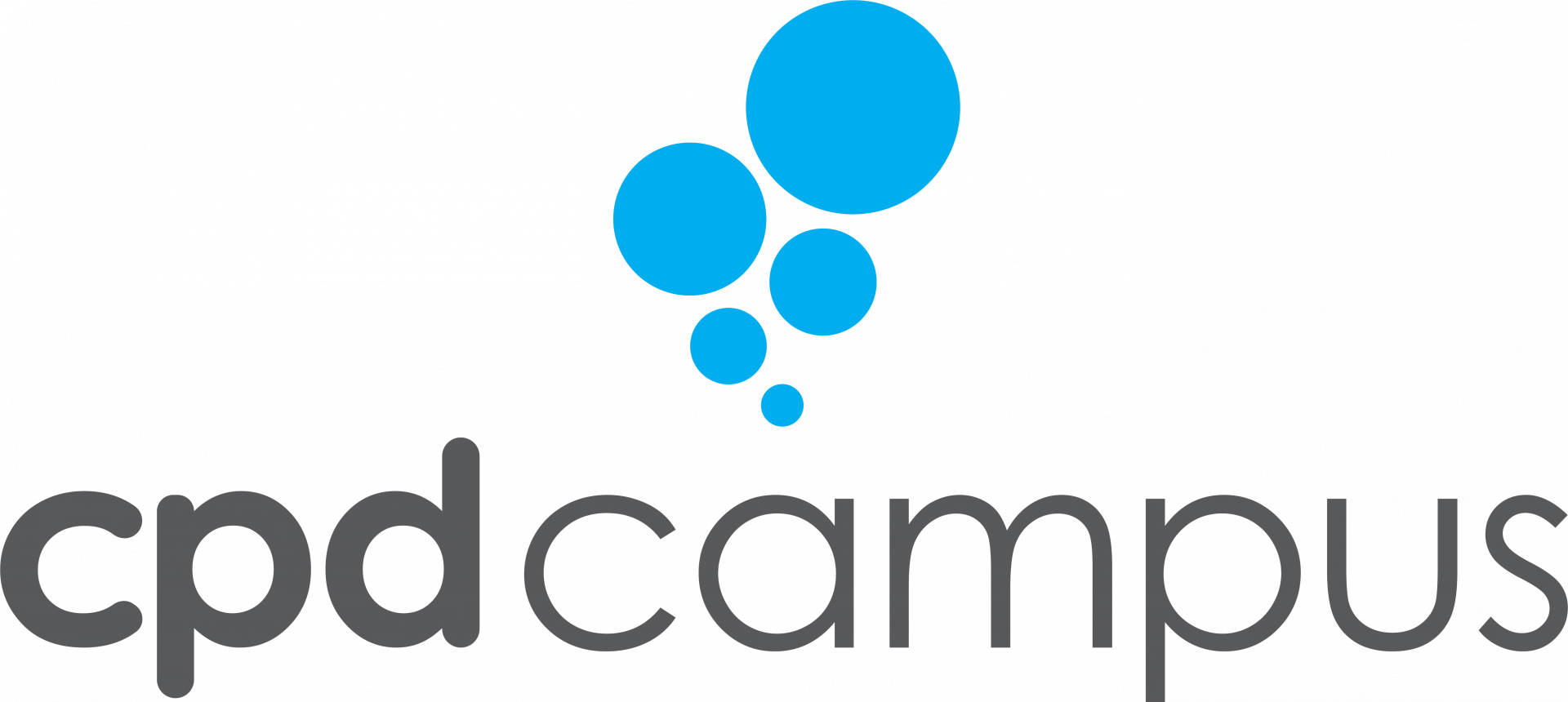A short course on the accounting for income taxes i.t.o. IFRS and IFRS for SMEs
-
Presenter: Anton van Wyk CA(SA)
-
Level: Advanced
-
Study time: 7 hours
Write your awesome label here.
Course overview
Income taxes, and especially deferred tax, is not a favourite topic of many accountants! At CPD Campus, however, we believe that this will change when accountants fully understand the important principles supporting the topic. In this enjoyable short course, an in-depth study is made of the principles relating to the accounting for income taxes in terms of full IFRS (IAS 12) and the IFRS for SMEs (Section 29). The IFRS for SMEs was fully aligned to IAS 12 Income Taxes by the IASB, resulting in a uniform accounting treatment of income taxes (including deferred tax) by entities that have adopted either full IFRS or the IFRS for SMEs as their financial reporting framework.
In this short course, join Anton van Wyk CA(SA) as he works through the vital underlying principles relating to this interesting topic. The short course includes class examples, case studies and milestone assessments which you can refer to later again, should you wish to revise your learning. The short course is divided into two sections of approximately 2.5 hours each. This means that you can complete the course in your own time, and you will be able to control the speed of your progression through the course.
In this short course, join Anton van Wyk CA(SA) as he works through the vital underlying principles relating to this interesting topic. The short course includes class examples, case studies and milestone assessments which you can refer to later again, should you wish to revise your learning. The short course is divided into two sections of approximately 2.5 hours each. This means that you can complete the course in your own time, and you will be able to control the speed of your progression through the course.
In completing this course, you will be addressing the following professional competencies:
Enabling and future competencies: Business acumen
Business internal environment
Business external environment
Technical competencies: Stewardship of capitals: Business process and risk management
Reporting fundamentals
Technical competencies: Compliance
Laws and regulations
What's included?
-
1 On-demand short course
-
Slides
-
1 Certificate

